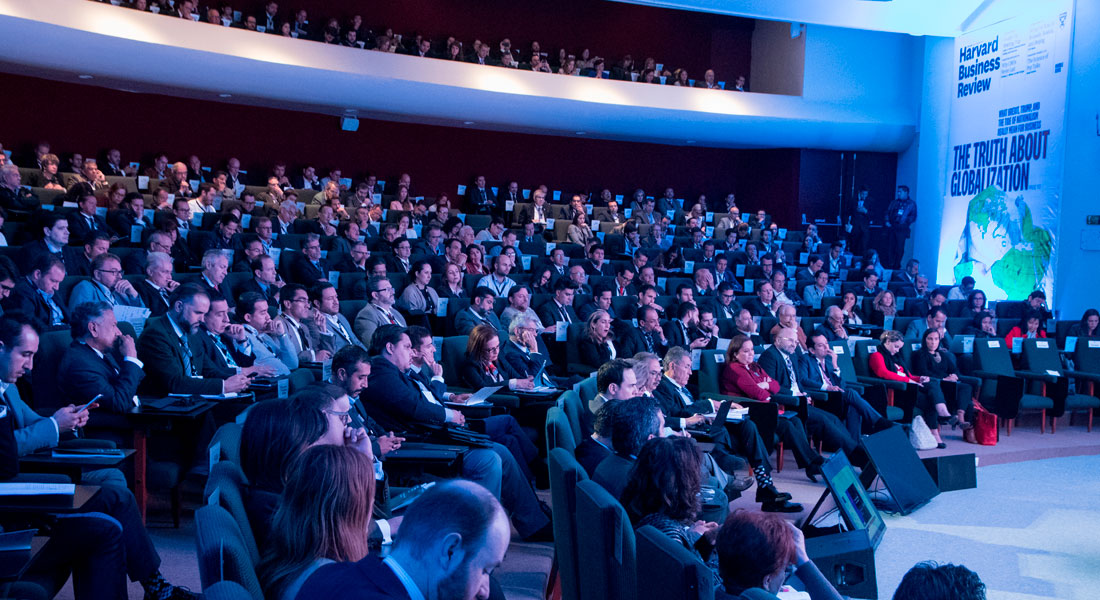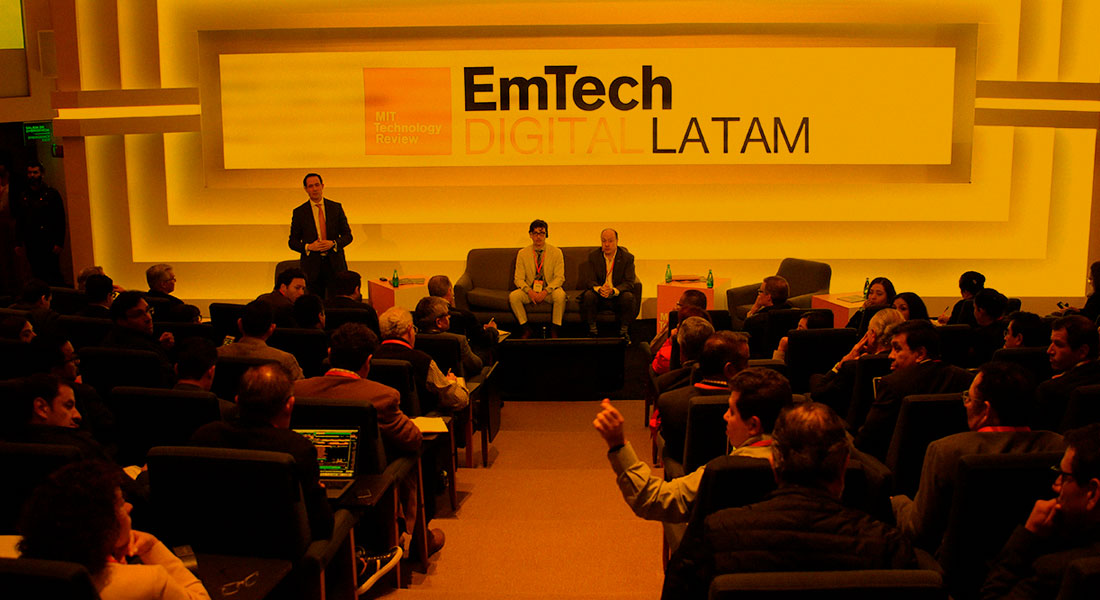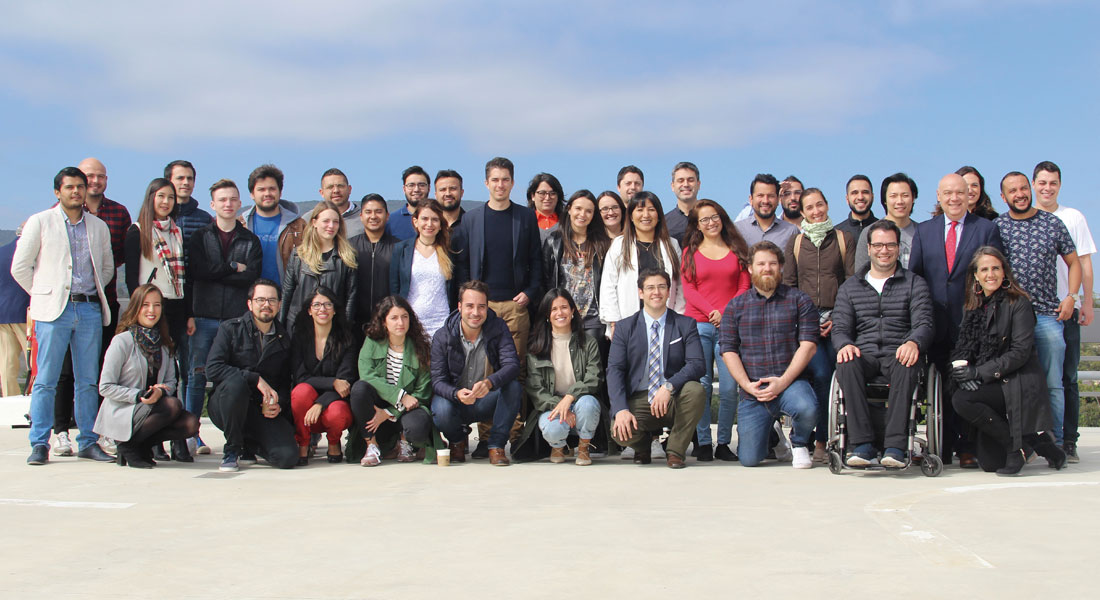


Most if not all institutions dealing with global issues, be it from an economic or political or environmental perspective (as well as politicians in most countries), recognize that migration and migrants will be a big item in upcoming geopolitical agendas. Migrants are unfortunately the favorite scapegoat of populist and national movements, often eager to frame them as “the scary other”: a socio-politically vulnerable group, easy to frame as a common enemy about to bring about the nation’s destruction.
Any reasonable person, however, knows that migrants overwhelmingly migrate in a search for better life conditions. They want the same things that the locals want for themselves: better jobs, food on their table, good schools for their children, maybe becoming homeowners someday. Economists know that migrants tend to be a plus in a nation’s economy, instead of a burden. Migrating is becoming materially easier thanks to better means of transportation, better communication technologies and increased possibilities for recruiting workers abroad; but it is not a new phenomenon in the slightest. Migration long precedes the modern state: it was there during the Middle Ages and during the previous imperial times. To recognize this fact is parallel to recognizing the illusion of national homogeneity, the myth of “the single national identity”. Hardly any modern nation on Earth is ethno-racially homogeneous (perhaps except for almost-homogeneous Japan. Finland gets close, but that’s about it). Of course, this doesn’t mean that all cultures or ethnic groups are equally distant to each other. For me as a Mexican it would be much easier to migrate to Spain, with the same language and a culture with historical commonalities, than to India or China.
Migration now grows increasingly shunned, as politics gets polarized across Western countries. But if current tendencies continue – conflict in poorer regions, impending climate disasters, it will only increase, flowing in many diverse directions across various world regions (not only from developing into developed countries; in what is called “South-South migration”). What is worrisome is whether migrants will be facing increased hostility in polarized political climates such as in parts of the USA, or European countries with growing nationalist movements, or near the borders of Mexico itself.
In many of my articles, I focus on demographic changes and the anxieties that they bring: rapid aging in rich societies, declining birthrates, whether nowadays “the true problem” is population explosion or rather the population decline to come. China and Japan are soon going to need many more migrants, especially to provide care for their exploding numbers of elderly people, whether they like it or not. Many current Asian societies are not especially friendly to migration, nor are they especially interested in becoming “a cultural melting pot”. It serves to remember that homogeneity in modern nation states is mostly an illusion, though admittedly the cultural differences within one state are likely to be much smaller than those between groups of people in distant continents.
The USA, on the other hand, does have a history as a melting pot of cultures – with a predominance of a protestant Anglo-Saxon culture. Some sectors within conservative movements are increasingly unwilling to admit it, to paint their history as whiter, more Anglo-Saxon-er and protestant-er than it has really been. Current political tensions have come with increased hostility towards specific migrant groups, especially Latinos and those with a Muslim background. There seems to be a curious dissonance between loving the abstract idea of migration as an inspiring background story of personal success; while showing increased hostility towards the real, flesh-and-bone migrant as a complex character, a flawed person like all others, who might pose (or perhaps only reveal) complex challenges in today’s societies.
I am by no means an expert on this topic and sometimes wonder myself, whether anti-migration policies are mostly based on simple racism, fear and scapegoating of “the other”; or to what extent large inflows of migrants truly pose policy problems or bureaucratic burdens. A few activists on the far left of the spectrum advocate “open borders” – which remains a radical idea for now. Is there merit to the idea that national borders will need to become more permeable? And is that feasible at all?









